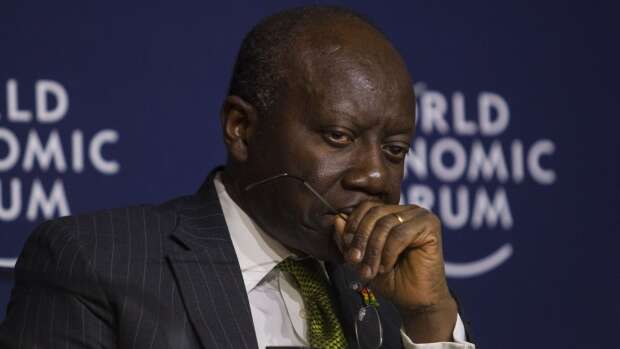Finance Minister directs ECG, NEDCo to suspend implementation of 15% VAT on electricity consumption
As discussions continue, it is imperative for all parties involved to collaborate effectively to find mutually agreeable solutions that balance fiscal imperatives with socio-economic considerations, ensuring sustainable economic development and stability in Ghana.
Source:norvanreports


